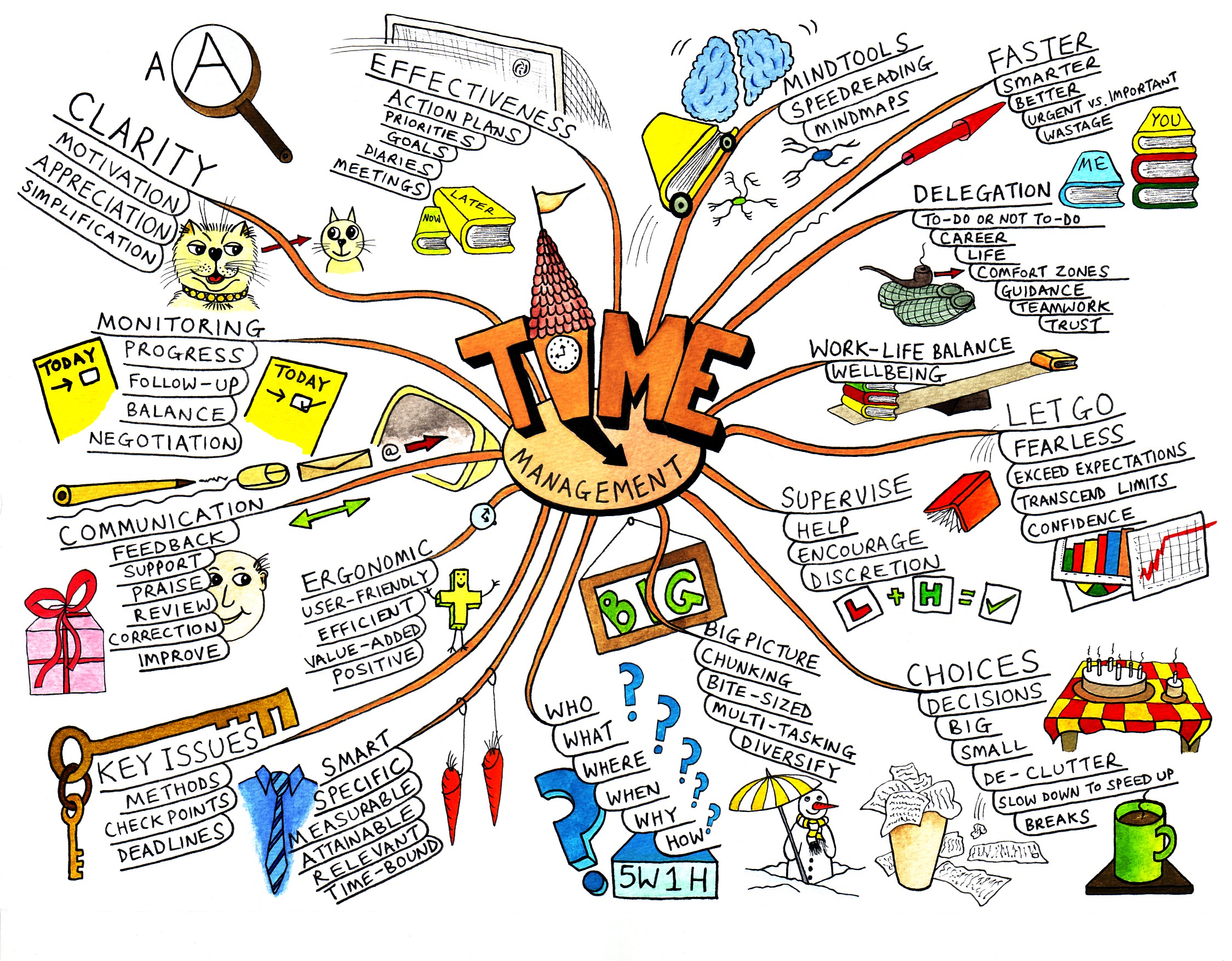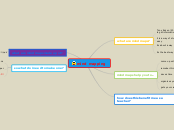mind mapping
what are mind maps?
Tony Buzen (2003) says "mind maps are an easy way to get information into and out of your brain" (p4)
it is a way of studying and revising that is quick and easy
its about a way of taking notes that is not boring
its the best way to brainstorm your ideas!
mind maps help you to...

come up with new ideas
remeber things better
saves time
organises your thinking

gets your creative juices flowing
improve reading skills and critical thinking
how does this benefit me as a teacher?
it allows the teacher to monitor and assess the students understanding more effectively so that the learners can address any of their misconceptions.
helps with lesson plannnig
curriculum for the school year
gives a visual overview of what needs to be covered
they are printable and can be shared via the web
what are the disadvantages
can't have more than one centre point
can't always cut and paste between maps
it is an expensive product if you want to fully use it (online)
uses a lot of memory
journal articles
Mona and Khalick (2008:299) state "mind maps are integral to building conceptual links in student understanding and recollection."
using mind maps to raise standards in literacy, improve confidence and encourage positive attitudes towards learning. Cain (2010)
what are mind maps made up of?

you can use; words, pics, colour and lines
its up to you!!
go crazy!!!!!!!
so what do i need to make one?

pens
paper

your brain!!!!
how does it benefit the student?
creativity is not excited by note taking therefore mind mapping appeals to senses with visual elements, images, branch colours and curved branches. Franz (2015)
note only key words - saves vital study time
brain actively makes links between ideas, adds connections and put your thoughts in order
brain responds to mind mapping as it replicates the natural thinking process. so ideas flow onto the page making studying more enjoyable and more fun!
reference list
Buzan, T. (2003), Mind Maps for Kids, Harper, London
Cain, E (2010) conciselearning.com accessed on 20,11,15
Mona and Khalick, (2008) investigation into the relevance of mind mapping techniques. journal 0809 accessed 20/11/15
Long, D (2011) how thinking maps student achievement? Networks vol 13 issue 2 accessed 20/11/15
journals.library.wisc.edu
